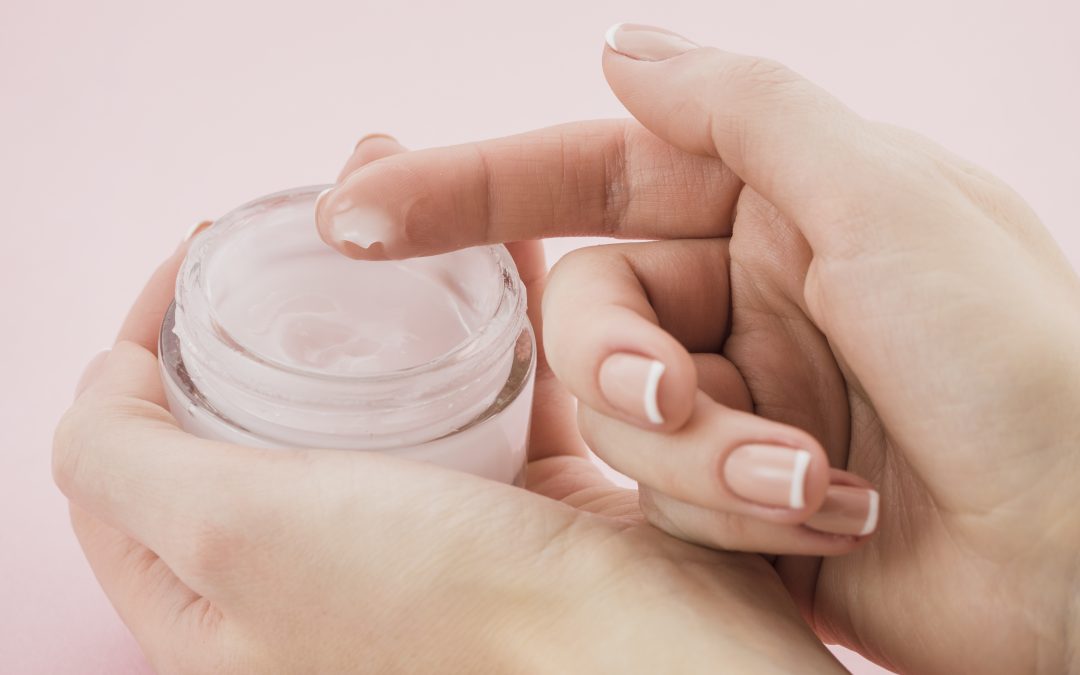The American Chemical Society estimates that parabens are in 85% of personal care products, meaning that you’ve probably applied parabens to your skin, hair, or teeth without even knowing it.
What are parabens?
For decades, parabens have been a key ingredient in the beauty industry for their use as a low-cost preservative, preventing bacteria and fungi from growing in your products and giving them a longer shelf life. They’re also widely used in pharmaceuticals, food additives, and even food packaging. All in the name of keeping things “fresh”. And while they’re known for hiding in cosmetics and skincare, researchers have found that around 90% of grocery store items also contain measurable amounts of parabens.
Simply put, a paraben is any group of synthetic compounds that are used as a preservative in cosmetics or pharmaceuticals containing water. According to the FDA, the most widely used parabens include methylparaben, propylparaben, and butylparaben (there’s also isobutylparaben and ethylparaben). These chemicals can be inhaled, ingested, and even absorbed through the skin.
Why are they a problem?
Here’s where it gets tricky–the FDA and American Cancer Society say that there isn’t enough evidence to suggest that parabens cause health risks or cancer in low doses (like what’s found in skincare or food preservatives). Now, we don’t know about you, but we’d rather exercise caution and play by the “dangerous until proven safe” rules, not the other way around. We’ll tell you why.
Parabens are able to artificially mimic estrogen, a female hormone, in your body. This disrupts natural hormone systems, and the excess estrogen is known to cause both normal and cancerous breast cells to grow and divide at a higher rate. This could lead to extra fat storage and male breast growth, alongside hormone-related neurological, hormonal, developmental, and metabolic disorders.
Ladies, listen up. Because parabens are highly prevalent in products targeted towards women (think tampons, makeup, or skin cream), we suggest being a little careful. In 2004, a British scientist named Philippa Darbre Ph.D. found parabens present in malignant breast tumors. This doesn’t prove that parabens=breast tumor, but the study led to experts worldwide recommending legal limits on parabens in cosmetic products.
Despite this, the World Health Organization and the U.S. Food and Drug Administration (FDA) consider parabens safe at low levels. While the FDA allows limited paraben concentration in products, some scientists still worry that parabens can be stored in the body or interact with other chemicals, which could mean that they can accumulate over time and create even greater, cumulative health risks.
Our final verdict? Seek out paraben-free products. It can’t hurt you, and the worst-case scenario is that now you’re using awesome certified non-toxic and organic products instead of preservative-packed synthetic ones. Researchers still have a long way to go on paraben research, but while they’re figuring all that out, we’ll be off enjoying our chemical-free personal care and natural skincare.
